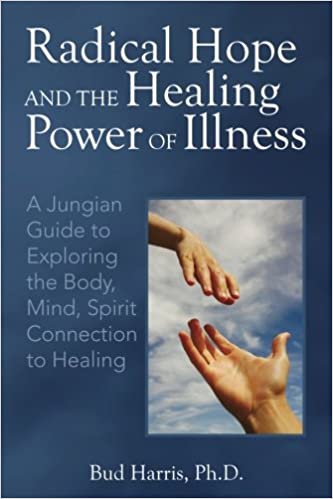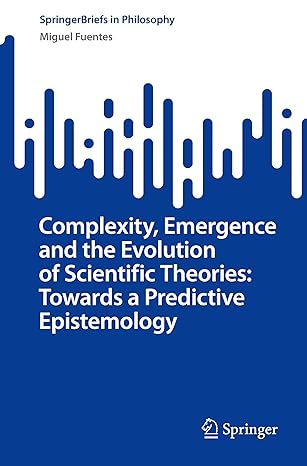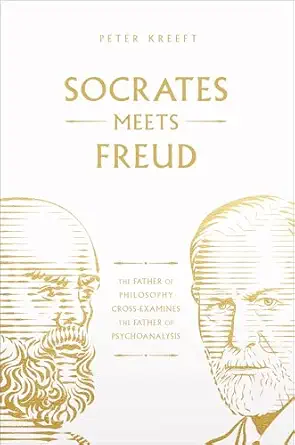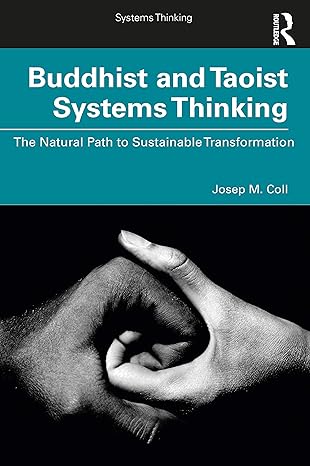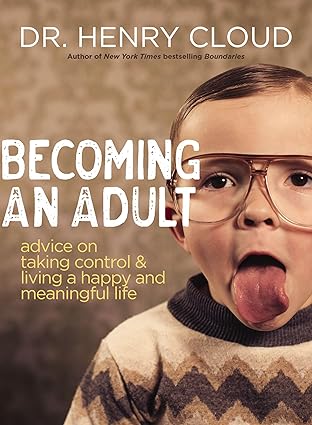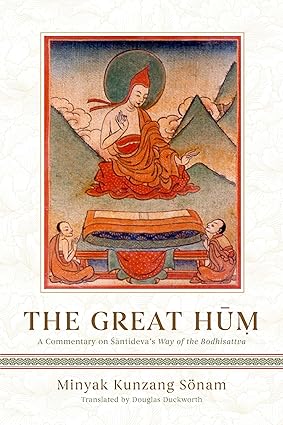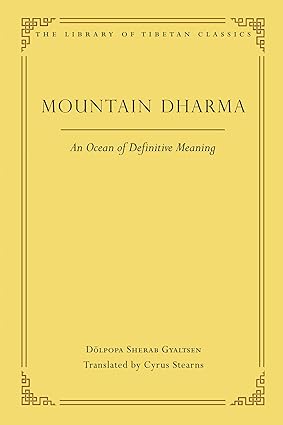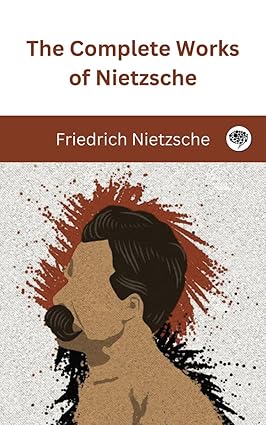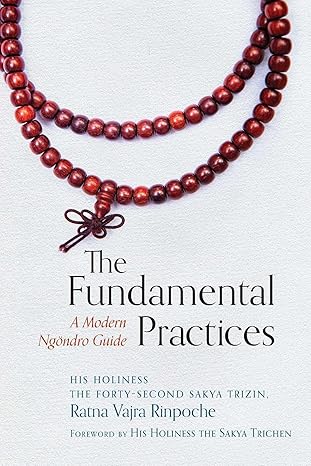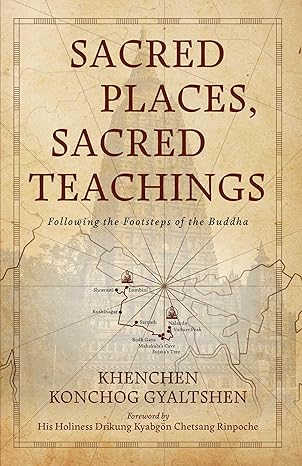In Radical Hope and the Healing Power of Illness, Jungian analyst Bud Harris, Ph.D., helps readers examine the emotional impact of illness and the life lessons, self-knowledge, and freedom that coping with difficult circumstances can provide.
Jungian psychology teaches that illnesses and problems can help people grow—to move beyond “normal” existence and the myth of “the good life.” Harris guides readers toward a transformation in thinking—to a more wholistic, authentic way to process the emotional effects and the deeper meanings of illness. This guide’s goal is not to “fix” sufferers or ignore and bury their emotional challenges. Rather, it leads them through a step-by-step process aimed at letting hardship open their minds and hearts to the possibilities of life, uncover inner strength, and become their own authentic selves.
Along the journey, Harris provides guideposts—checkpoints that help readers examine their reactions to what they’ve been learning and apply the concepts to their own lives.
Because physical illness has a heartfelt effect on the patient’s entire support network, loved ones, caregivers, and medical practitioners can also use this guide to connect with, better understand, and impactfully process illness and loss—toward a renewed, reenergized outlook on life.
"This whole journey that I am presenting in Radical Hope is directed toward us finding meaning and individuation through our illnesses. It is choosing the path of being a seeker. It is a radical perspective that brings radical hope, as we learn to understand that individuation itself is a radical series of transformations."
"As we realize that initiation is the rite of dying to an old life and being born into a new one, we see that illness, as an initiation, initiates us continually into knowing what it means to become more fully human. And becoming more fully human initiates us into becoming truly spiritual."
چکیده فارسی
در امید رادیکال و قدرت شفابخش بیماری، تحلیلگر یونگی، باد هریس، دکترا، به خوانندگان کمک میکند تا تأثیر عاطفی بیماری و درسهای زندگی، خودشناسی و آزادی را بررسی کنند. کنار آمدن با شرایط دشوار می تواند فراهم کند.
روانشناسی یونگی تعلیم میدهد که بیماریها و مشکلات میتوانند به رشد افراد کمک کنند—تا فراتر از وجود «عادی» و افسانه «زندگی خوب» حرکت کنند. هریس خوانندگان را به سمت دگرگونی در تفکر راهنمایی می کند - به روشی جامع تر و معتبرتر برای پردازش اثرات عاطفی و معانی عمیق تر بیماری. هدف این راهنما این نیست که مبتلایان را «رفع» کند یا چالشهای عاطفی آنها را نادیده بگیرد. در عوض، آنها را از طریق یک فرآیند گام به گام هدایت می کند که هدف آن اجازه دادن به سختی ها در ذهن و قلب آنها به روی احتمالات زندگی، کشف قدرت درونی و تبدیل شدن به خود واقعی خود است.
در طول سفر، هریس پستهای راهنما ارائه میکند—نقاط بازرسی که به خوانندگان کمک میکند واکنشهای خود را نسبت به آنچه یاد گرفتهاند بررسی کنند و مفاهیم را در زندگی خود به کار ببرند.
از آنجایی که بیماری جسمی تأثیر قلبی بر کل شبکه پشتیبانی بیمار دارد، عزیزان، مراقبان و پزشکان نیز میتوانند از این راهنما برای ارتباط، درک بهتر، و پردازش مؤثر بیماری و فقدان استفاده کنند - به سوی یک چشمانداز تجدید شده و انرژیبخش. در زندگی.
"تمام این سفری که در امید رادیکال ارائه میدهم به سمتی است که ما از طریق بیماریهایمان معنا و تشخص پیدا کنیم. این انتخاب مسیر جستجوگر بودن است. این یک دیدگاه رادیکال است که امید رادیکال را به ارمغان میآورد، همانطور که یاد میگیریم درک کنید که فردیت خود یک سری تحولات رادیکال است."
"از آنجایی که متوجه می شویم آغاز، آیین مردن به زندگی قدیمی و تولد در زندگی جدید است، می بینیم که بیماری، به عنوان یک شروع، ما را به طور مداوم به دانستن معنای کامل تر شدن انسان آغاز می کند. تبدیل شدن به یک انسان کامل تر، ما را به معنویت واقعی ترغیب می کند."
ادامه ...
بستن ...
